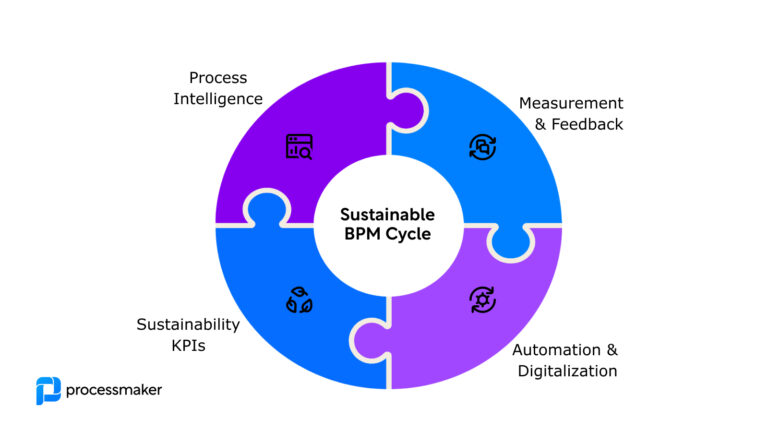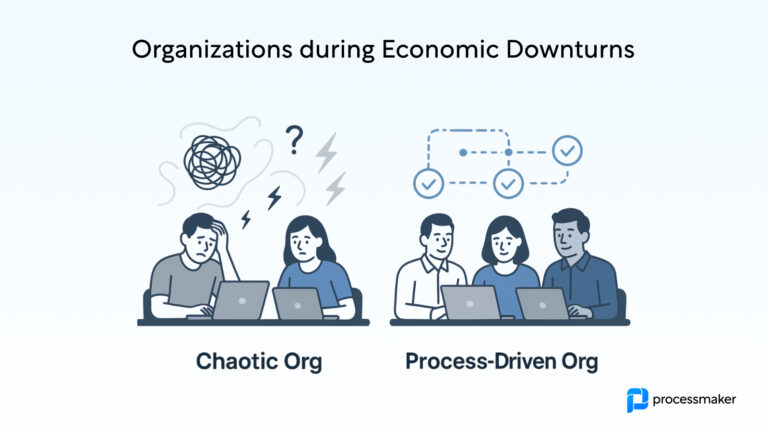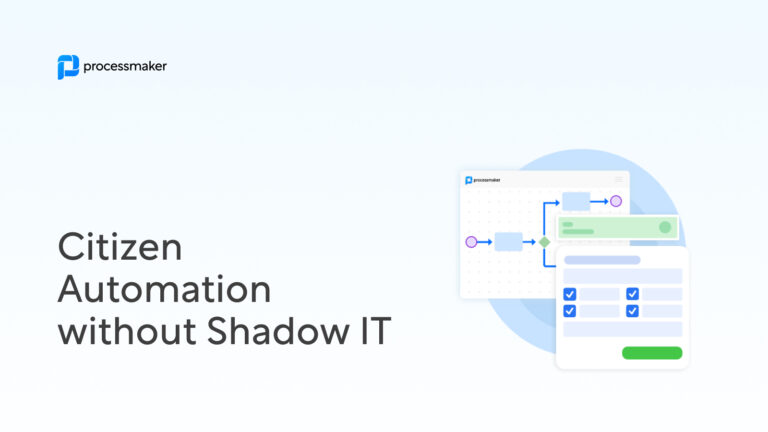It’s a question most healthcare providers have avoided since calls for a digital revolution first began. Now it’s the question plaguing the industry in the wake of the coronavirus.
But with so many providers scrambling to increase beds, supplies, and qualified workers, delaying digital transformation in favor of immediate needs isn’t a bad response. It’s just not a sustainable one.
If we’ve learned anything from COVID-19, our healthcare systems need a digital intervention.
The most forward-thinking organizations are already streamlining their activities while improving patient care—and they’re using technology to help them do it.
Here’s what’s likely to stick:
Workflows will become more efficient
Bureaucracy is expensive. According to one recently published study, the United States spent more than a third of its annual hospital dollars on administration costs in 2017. Paper-based, manual processes are one of the biggest factors contributing to the bloat.
From routine tasks like appointment-setting and rescheduling to complex processes like pharmacy drug tracing, medical chart requests, and post-care assessments, getting consensus from multiple healthcare professionals is often an inefficient and costly exercise.
Now that healthcare practitioners have a better appreciation for convenient, real-time access to critical information, we’re likely to see more organizations adopt workflow automation and business process management (BPM) software that saves time—and billions of tax dollars—by integrating and automating their operations.
Telehealth and remote care options will expand
Public safety concerns have forced millions of knowledge workers to work remotely. And their preference for doing things digitally bleeds into their healthcare expectations.
According to Accenture’s 2019 Digital Health Consumer Survey, consumers will increasingly choose medical providers who support digital capabilities such as:
- Booking, canceling, and rescheduling appointments
- Requesting prescription refills
- Communicating directly with providers via email
- Receiving text or email reminders around follow-up and preventative care
To whatever extent they can, consumers also want to receive treatment outside of the doctor’s office. Approximately 29 percent of consumers have already received some form of virtual care, and those surveyed by Accenture revealed they would prefer it for the following scenarios:
- Mental health counseling
- Physical injury treatment
- STD screenings
For patients with chronic pain, receiving treatment via virtual reality is emerging as a safer and more efficient alternative to drugs. Patients recovering from a stroke or grappling with PTSD or anxiety may also benefit from VR.
Data collection and sharing will improve
Fragmented medical records (EHRs) are a longstanding and pervasive source of friction in healthcare.
From manual data entry to unstructured data capture, overextended healthcare workers usually struggle to efficiently log and make sense of medical information scattered across systems.
At best, this leads to identifiable errors like duplicate medical records. At worst, these errors can cause misdiagnoses, delayed treatments, and sometimes death.
Another major flaw of the current model is its susceptibility to fraud. For hackers, the promise of accessing patient credit card information make EHRs a prime target.
Given these vulnerabilities, blockchain—a digital ledger of transactions—could emerge as a viable alternative to traditional EHRs. It’s secure, it’s scalable, and it would provide healthcare workers with a much-needed single source of truth.
Until then, startups like Gem and Medicalchain are bridging the gap by enabling patients to control their EHRs from a mobile app that records all transactions (including those from patients, pharmacists, and insurers) on a distributed ledger.
Automation and AI will increase
Artificial intelligence shows major promise in healthcare. Research from Tractica predicts the global AI healthcare market will exceed $34 billion by 2025.
On the low end, this includes chatbots and virtual assistants capable of handling routine tasks like answering customer service questions or walking patients through diagnostic tools.
On the advanced end, AI will enable physicians to provide truly personalized care through precision medicine and genomics. Machine learning is already enabling pharmaceutical companies to develop drugs faster.
When combined with BPM, artificial intelligence will help healthcare providers:
- Automate critical workflows, freeing workers to spend their time more efficiently
- Automate the identification of critical conditions using analytics, enabling better patient care through early diagnosis and treatment
Given its widespread applicability—both in terms of patient care and streamlining operations—organizations that leverage AI stand to save billions in operating costs.
Putting it together
Technology is required to produce the big data healthcare systems need to maximize their success. But managing the information and deriving actionable insights from analytics requires more than the right tools or a highly technical approach. In the post-COVID era, the healthcare industry’s greatest gains will come from the willingness to radically redefine its existing culture.





